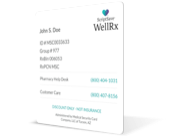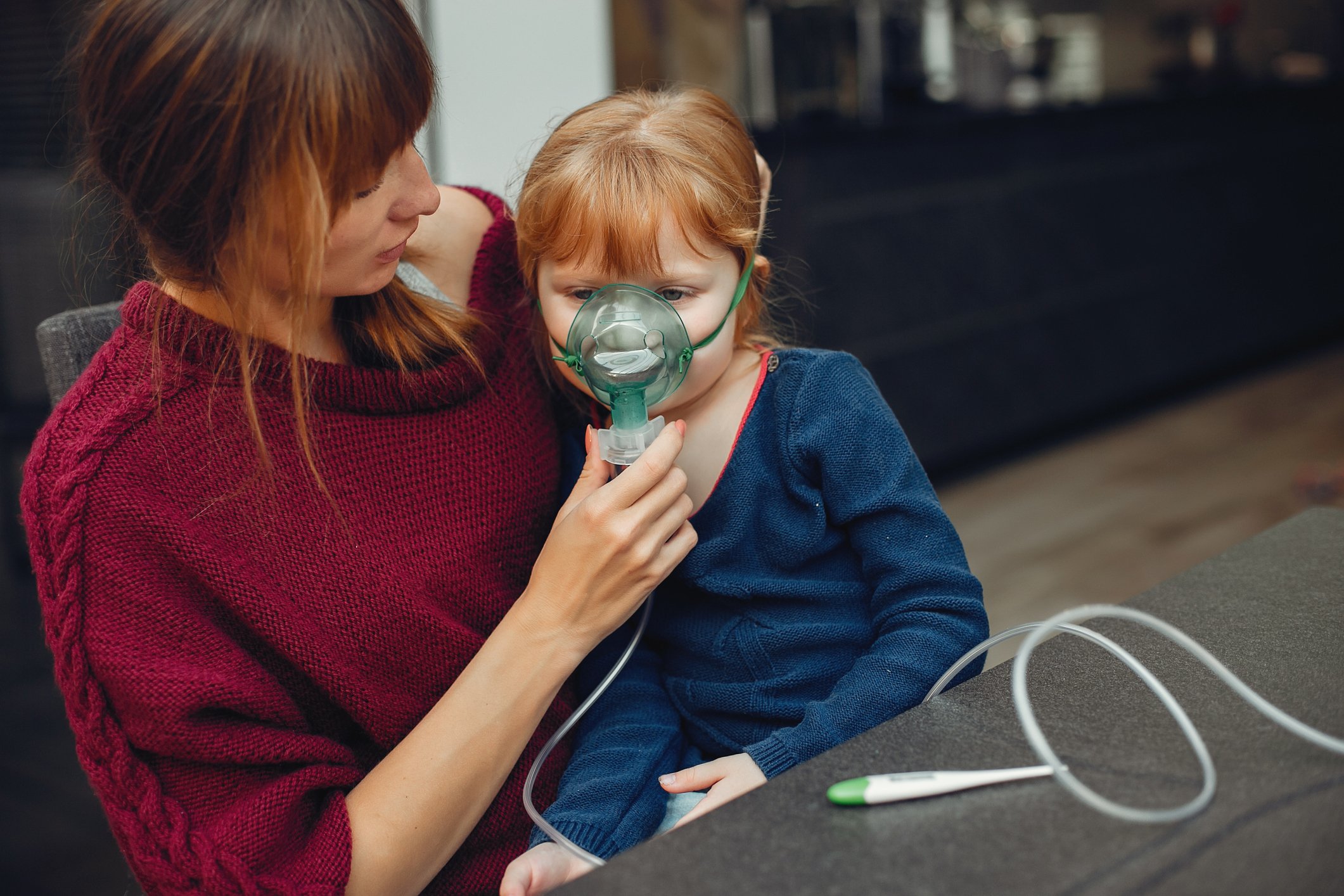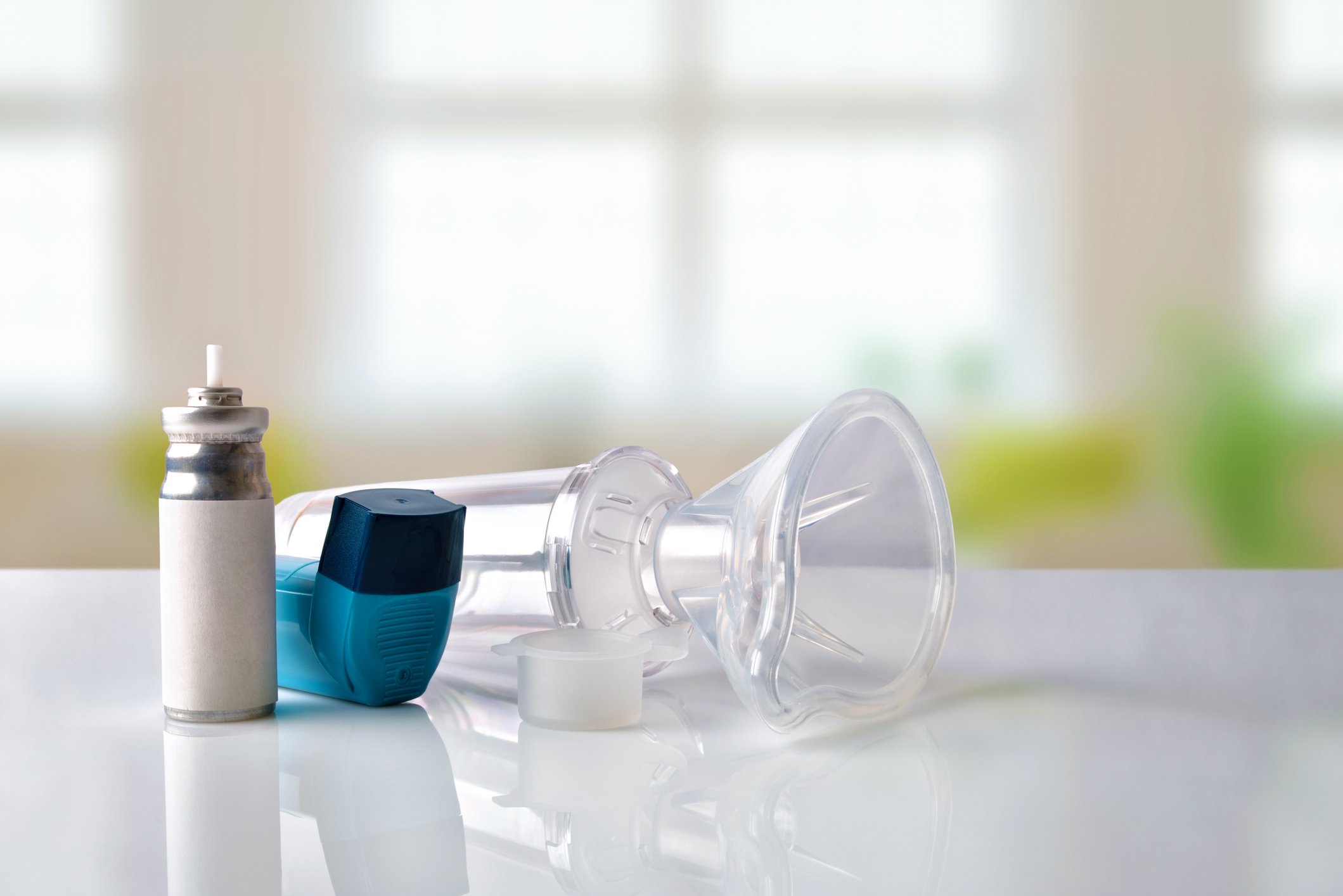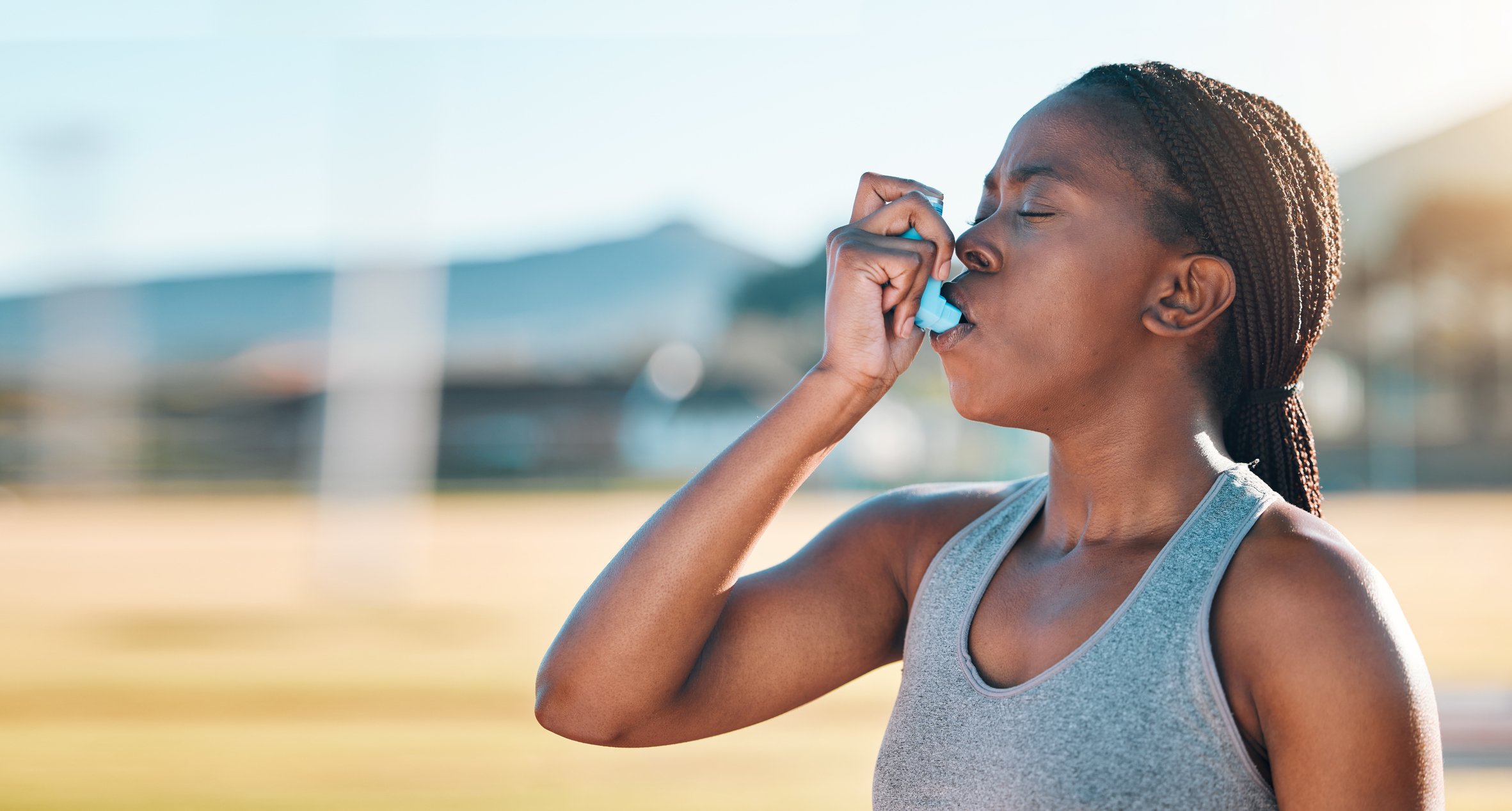Copyright 2025
Medical Security Card Company, LLC
All Rights Reserved
We take the privacy of your personal information seriously. By signing up I agree to WellRx's terms of use and privacy policy.
By Jacob Silvers, PharmD Candidate, Class of 2020,
University of Arizona
June 02, 2020
Caffeine and alcohol are two widely consumed products. Over 85% of people in the U.S. consume at least 1 caffeinated drink per day, and according to the CDC over 50% of adults are regular alcohol drinkers. Most people know not to mix alcohol and Tylenol, but both alcohol and caffeine can interact with other prescription medications in unpredictable ways.
A medication interaction occurs when two or more medications are taken at the same time, and they alter each other’s effects. Medications can act on the same part of the body or be broken down by the same enzyme. If the medications are trying to occupy the same metabolic or body process they can compete, synergize, or act unexpectedly. Many interactions with caffeine and alcohol are based results that increase the effect and side effects of your medications.
Caffeine is a stimulating agent. It can raise your heart rate and promote wakefulness. Medications that have stimulating effects can be enhanced with caffeine and become overwhelming for your body. This occurs because these both the medication and caffeine activate your sympathetic nervous system also known as sympathomimetic drugs. Common stimulants that may interact with caffeine include:
Another type of interaction between a medication and caffeine might occur if both are metabolized by the same enzyme in the liver. For example, taking a medication like givosiran (used for Porphobilinogen synthase deficiency) may lower your breakdown of caffeine. Medications that might interact with caffeine through liver enzymes include:
Alcohol is known to interact with a wide variety of medications, including over the counter medications. Alcohol can make you sleepy or drowsy and excessive amounts of alcohol can suppress or alter bodily functions. Medications like Xanax and Percocet (which also has Tylenol) in combination with alcohol can result in serious side effects like respiratory depression or death. The National Institute of Health has an extensive guide on mixing medications with alcohol. The list has medications from almost every category including
Caffeine will interact with most stimulant medications and should be closely monitored if you are taking any stimulants. Caffeine only has a few enzyme-based interactions and is fine with most medications after a discussion with your healthcare provider. Alcohol will interact with most medication and has a handful of life-threatening interactions. Bottom line, medications and alcohol do not mix.
References:

For your convenience, use the ScriptSave® WellRx mobile app. Now savings are well in hand, right at the pharmacy counter. Save on your family's prescription medicines.
Learn More
Your choice. Get a ScriptSave WellRx Savings Card. Or Download the free mobile app from the App Store or Google Play Store
Get A Card
ScriptSave WellRx Grocery Guidance leverages leading-edge nutritional data science to help you know which food products on your grocery store shelf are truly good for YOU.
Healthy Foods For YouTags:

July 30, 2025

July 23, 2025

July 16, 2025
You need to log into the site to use this feature
This feature requires registration. Sign up or log in to your free WellRx account to gain access to this and other tools to help make managing your medications and wellness easier.
Benefits Include:
 Store & manage your medication list
Store & manage your medication list
 Medication pricing updates
Medication pricing updates
 Medication information
Medication information
 Pill & refill reminders
Pill & refill reminders
 Medication journal & mood log
Medication journal & mood log
This feature requires registration. Sign up or log in to your free WellRx account to gain access to this and other tools to help make managing your medications and wellness easier.
Benefits Include:
 Store & manage your medication list
Store & manage your medication list
 Medication pricing updates
Medication pricing updates
 Medication information
Medication information
 Pill & refill reminders
Pill & refill reminders
 Medication journal & mood log
Medication journal & mood log
You will be redirected to your program in 5 seconds.
Our Terms and Conditions and Privacy Policy have recently been updated.
By declining you will be logged out of your account